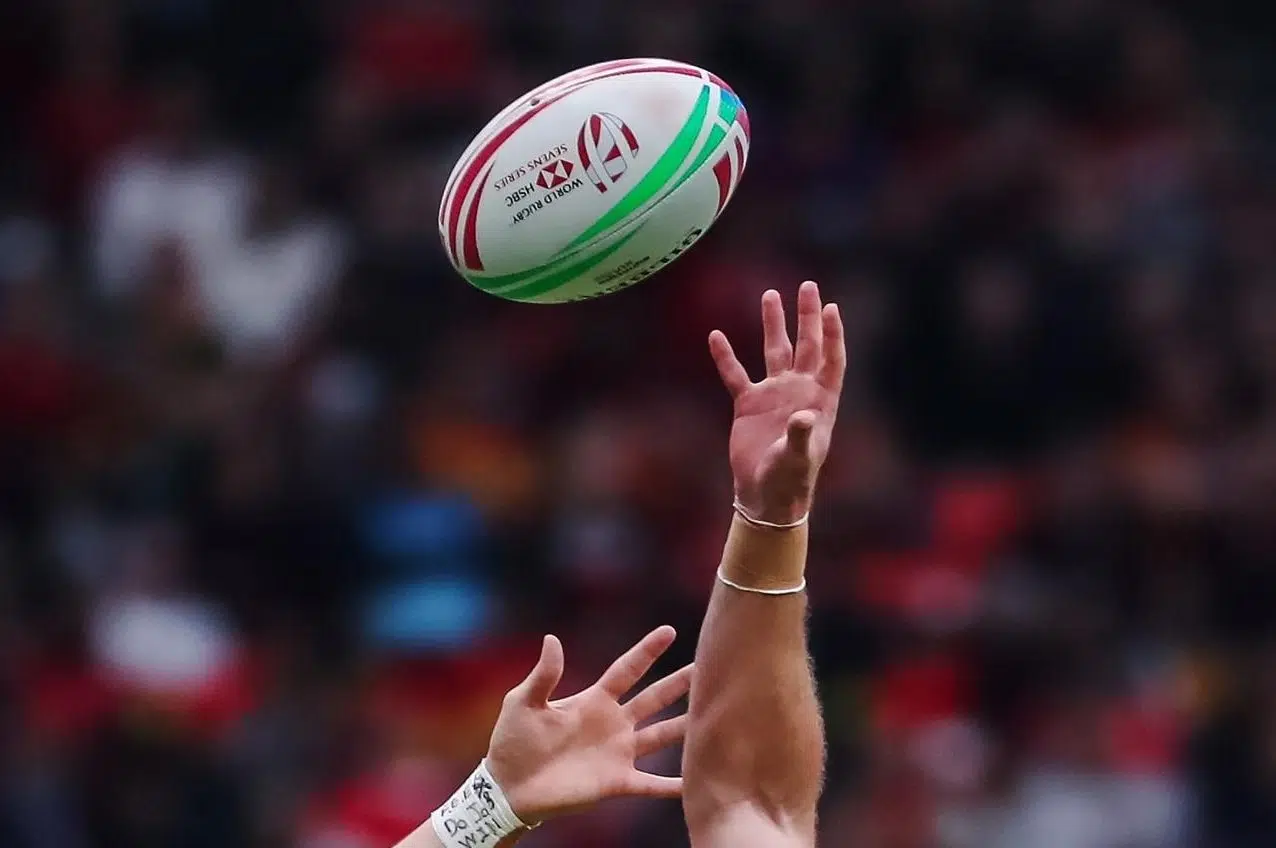HALIFAX — The Nova Scotia government has told the province’s schools athletics authority to reinstate high school rugby, after it was abruptly cancelled across the province without warning over safety and liability concerns.
Amid a backlash from players, politicians and Rugby Canada, Education Minister Zach Churchill said in a statement late Friday that the Nova Scotia School Athletic Federation had contravened a governing agreement with the province.
He said its decision came without appropriate consultation, and noted that respected physicians including the provincial medical officer of health have expressed concerns about it.
The athletic federation had said Thursday its board of governors made the decision for safety reasons after reviewing incident report data from the province’s School Insurance Program.
Stephen MacNeil, chairman of the federation’s board of governors, said Friday the data indicates that over a five-year period, there were three times as many insurance claims from rugby players when compared with those playing soccer, football and hockey.
He said those figures indicated that rugby players were also five times as likely to suffer head injuries or possible concussions.
“Everyone in the meeting was unanimous in their opinion that this is not a safe sporting environment for our students,” he said.
But Churchill said the federation had neglected to inform the Education Department of its intent, which contravenes its memorandum of agreement with the department.
“Furthermore, (it) made the decision without appropriate consultation with school communities,” he said in a statement.
“Given the perspective offered by the province’s medical officer of health, I have called on NSSAF to reinstate rugby for all high schools immediately for the duration of the season.”
He said he has asked the federation to assemble a panel of experts “to thoroughly review and assess available research on safety in sports for school sports across Nova Scotia.”
Dozens of athletes had converged Friday on a Halifax luncheon celebrating high school sport in the province, chanting “Let us play” and “We want rugby back.”
“It’s due to our safety, but we all go into playing rugby knowing the risks of it,” said Kelly Baillie, a Grade 10 student who plays for the girls team at J.L. Ilsley High School in Halifax.
“I don’t think it’s a good decision at all.”
MacNeil confirmed that an international student attending the Sydney Academy sustained a head injury during a Nova Scotia rugby match on Wednesday and had to be airlifted to a Halifax hospital. He said the boy’s mother and sister had flown to Halifax to be by his side.
He said Nova Scotia officials were also cognizant of the death last May of P.E.I. rugby player Brodie McCarthy. The 18-year-old sustained a fatal brain injury during a routine play which resulted in bleeding from two different parts of his brain.
However, MacNeil said concerns about rugby had been discussed at the board level for two years and he was adamant that the decision wasn’t a “knee-jerk one.”
“Despite our attempts to educate coaches and make sure certain levels of certification are gained the injuries are still coming and we don’t have to look any further than the last year for two very significant ones,” he said. “We’re not against rugby, but initiating a student’s exposure to rugby at the high school level is too dangerous an environment right now.”
Tim Powers, chairman of Rugby Canada, agreed safety should be a concern, but he wondered about the level of consultation and the data used to arrive at the Nova Scotia ban.
Powers said the level of injury reporting in rugby is high because it has been prioritized through his organization’s Play Smart program.
He said there’s also plenty of global data to show that rugby ranks behind soccer, football and equestrian sports in terms of catastrophic injuries, adding that it also suggests the risk for pre-teens is not unacceptably high when compared to other sports.
“We arguably are a safer sport than other contact sports,” said Powers, who added the decision could eventually have ramifications beyond Nova Scotia.
“I think the intent was right here, but I think the decision is ill-informed and ill-informed decisions like this, yes sometimes can spread like wildfire.”
The ban also drew political fire from Nova Scotia’s opposition parties on Friday.
In a statement, Progressive Conservative Leader Tim Houston noted the decision had resulted in “widespread shock and anger from the public.” The New Democrats also issued a statement of support from MLA Susan Leblanc, a former student rugby player.
Meanwhile, Baillie said her team has received support from many football players at her school.
“They know they are a full contact sport as well and they could very well be next,” she said.
Ben Lohr, a Grade 12 student who captains the boys team at King’s-Edgehill School in Windsor, N.S., questioned the decision to end rugby for safety reasons.
“Look at the rest of the world,” he said. “When you have people who actually understand the sport and know how to play it properly and tackle properly it’s a safe sport.”
According to Statistics Canada, rugby was the third most common sport in which 15- to 19-year-old males sustained concussions and other brain injuries between 2012 and 2014, behind ice hockey and football.
In 2013, Rowan Stringer, a 17-year-old high school rugby player from Ottawa, suffered two concussions in one week before sustaining a third during a rugby game that led to her death two days later. Ontario later passed Rowan’s Law, concussion safety legislation designed to protect amateur athletes and educate coaches about the dangers of head injuries.
A study conducted by the medical director of Trauma Nova Scotia, Dr. Robert Green, shows youth sport-related deaths, especially rugby-related deaths, are rare.
Keith Doucette, The Canadian Press







